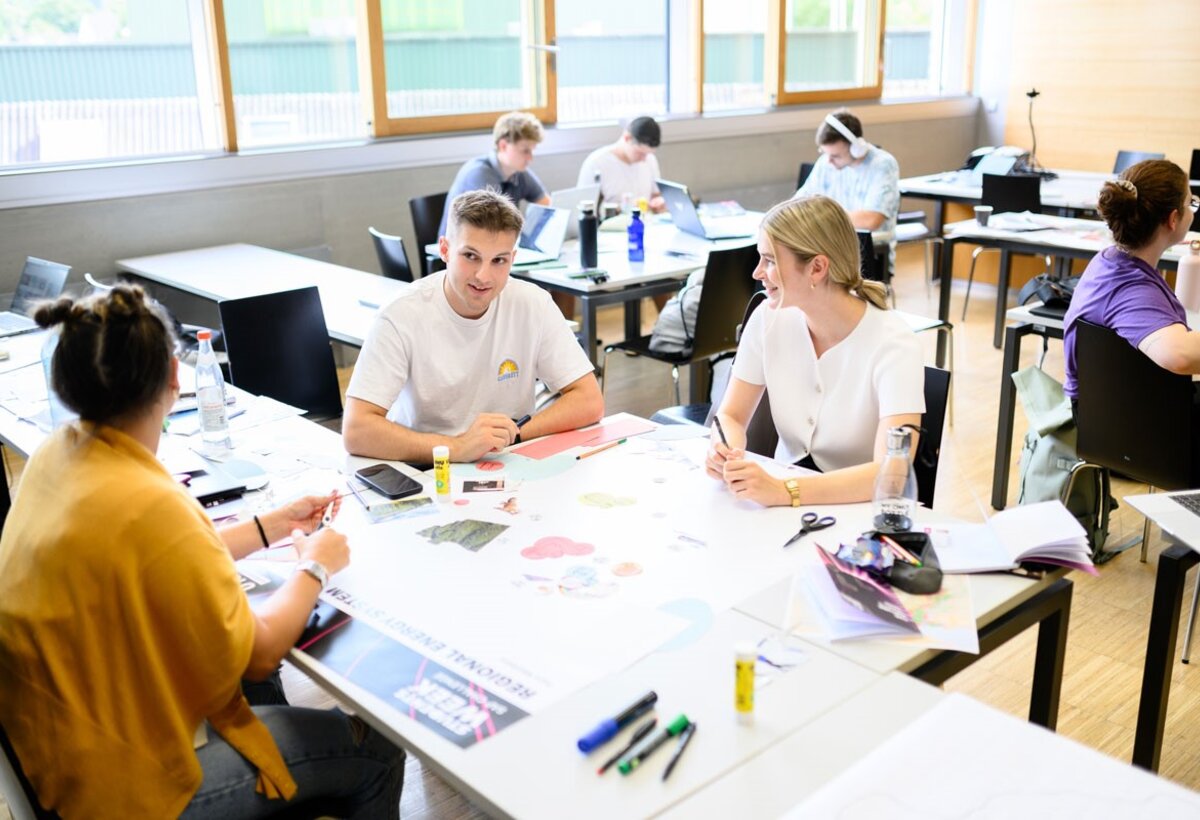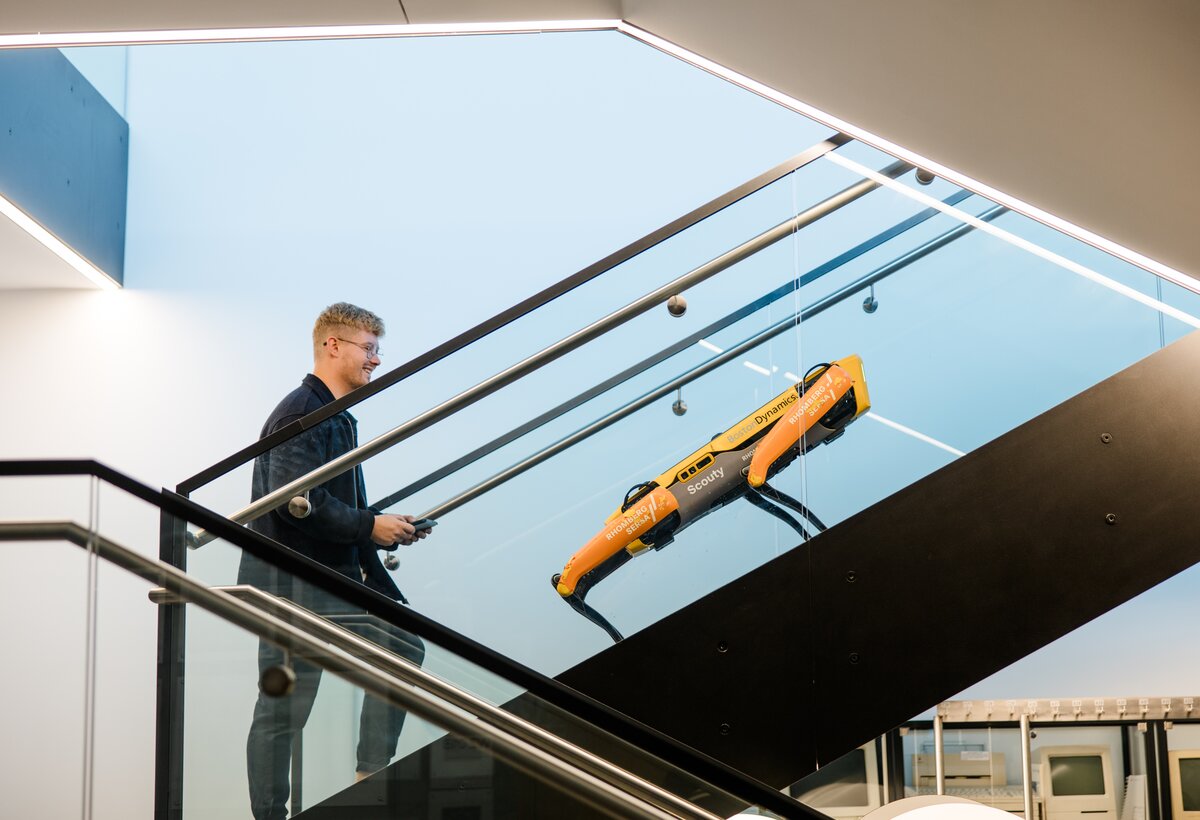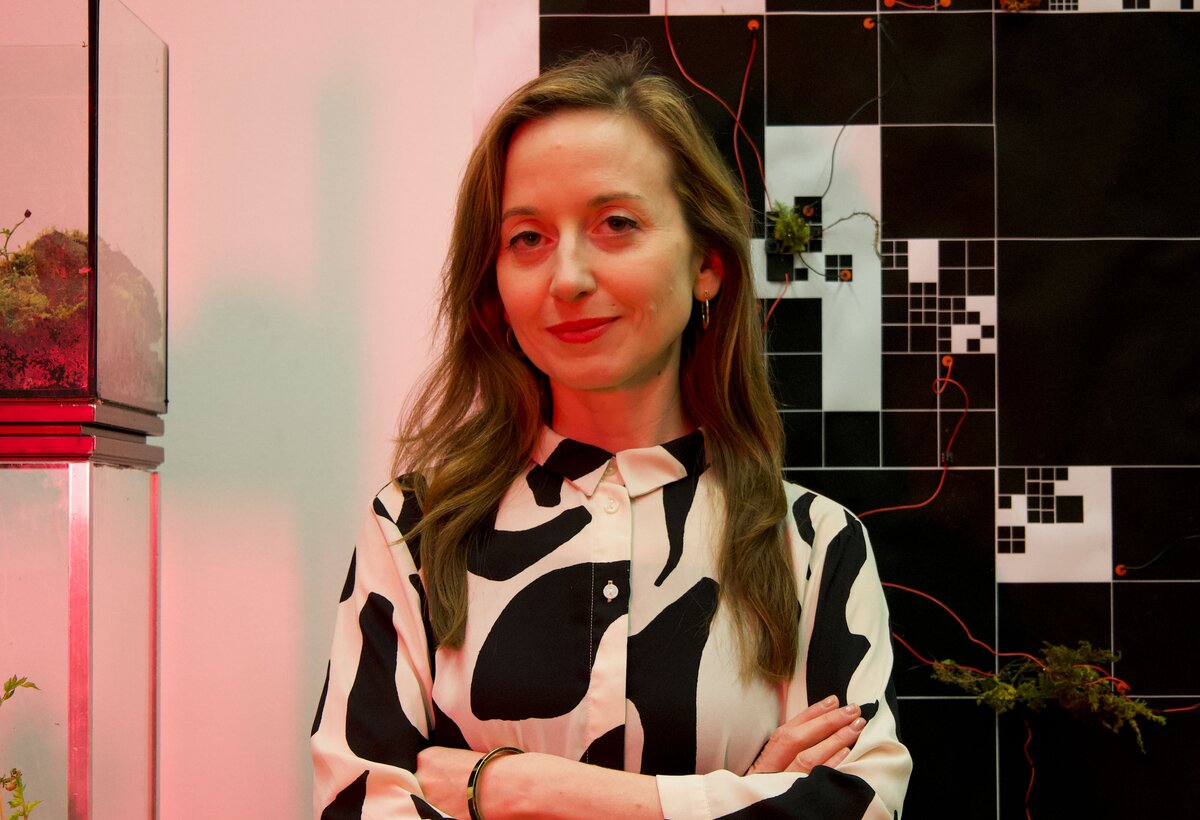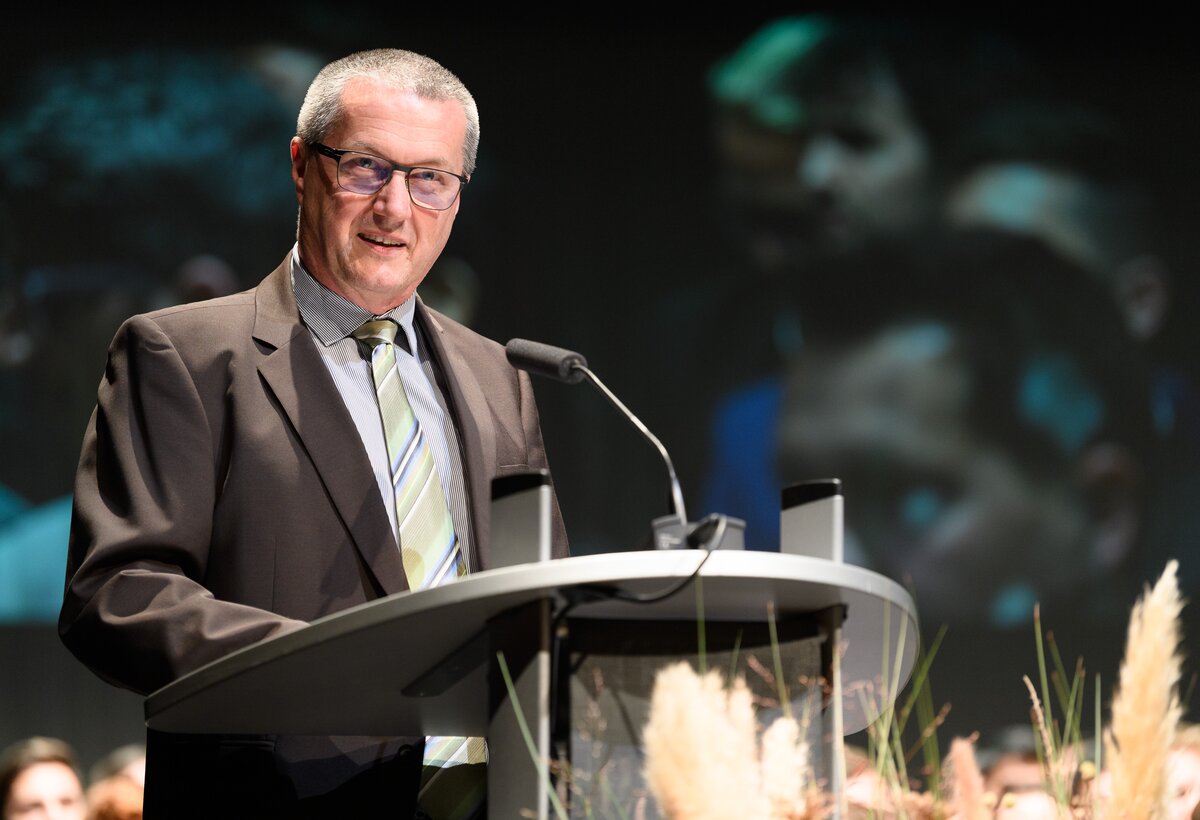Dipl.-Ing. (FH) Walter RITTER
Lecturer
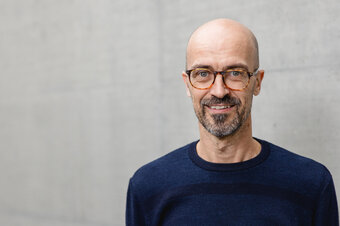
3 Questions - 3 Answers
What fascinates you about research in the field of human-machine interaction?
People are incredibly versatile when it comes to communicating with each other, even if we often don't realize it. We not only communicate explicitly via language, but also interpret the tone of voice, eye contact, facial expressions and gestures that we can observe in the other person, for example. However, as soon as we are dealing with machines, we still have to learn their vocabulary and adapt to them. Communication remains on this one channel. Even if we sometimes attribute something like emotions to them - for example, if they don't do what we expected when we are under time pressure. Nevertheless, it is basically just simple symbolic communication: a certain command is followed by a predefined reaction. As a result, much of us remains hidden from the machines - and vice versa, which means that there is a lot of untapped potential that we could use to make Engineering and Technology more accessible to people. This idea of making important technology accessible to people who are not so tech-savvy and helping them to master everyday life fascinates me. Steve Jobs once said "Computers Are Like a Bicycle for the Mind" - we provide some tailwind.
Where are the areas of application for alternative human-machine interfaces, away from the research labs?
What may initially sound like a gimmick in research laboratories is directly relevant in a wide variety of application scenarios. Be it the SmartHome, which enables elderly people living alone to live independently and self-determined at home for longer, more efficient workflows in industry through user interfaces and processes optimized for people, more effective and fun learning and knowledge environments, or enabling people with disabilities to participate in society. In all these areas of application, a great deal is currently happening as a result of current AI developments. It is important to recognize and exploit the resulting opportunities.
What advice would you give your former self?
Be clear about what fulfills you. To do this, you need to try out lots of different things, so don't be afraid. If something doesn't work out, you'll learn something important in the process, just like Thomas Alva Edison said: "I have not failed. I've just found 10,000 ways that won't work."
Publications and Platforms
OPUS | ORCID | RUN-EU+ Cloud of Knowledge





